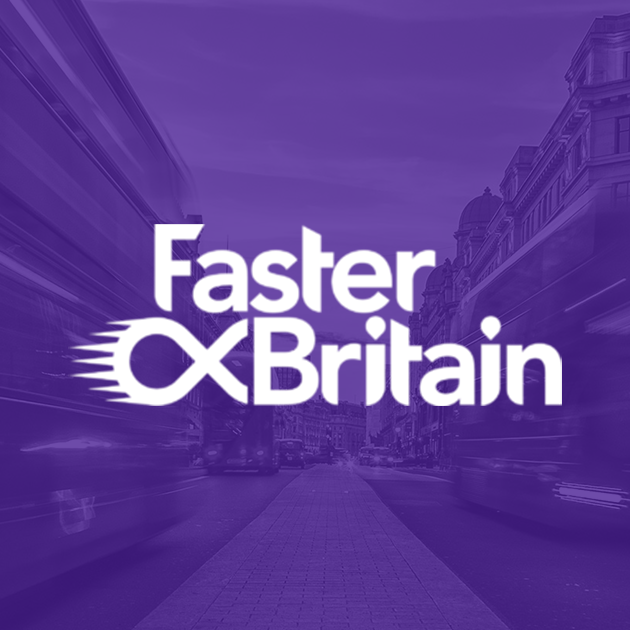Good quality internet connectivity is essential for both personal and professional life; however, the needs of residential users and businesses differ significantly, leading to distinct differences in the broadband services for residential and business connectivity. Understanding these differences can help businesses make informed decisions about their internet services, ensuring they select the right type of broadband to meet their operational needs and reduce downtime to protect revenue. This blog explores the main differences between business and residential broadband to help you make an informed choice about your business connectivity.
Residential Broadband - Built for Content Consumption
Residential broadband is primarily designed to support content consumption. The average household uses the internet to stream videos from platforms like YouTube, Netflix, Amazon Prime Video, and Disney+ - with 66% of homes using a Video on Demand Service (VDoS). These activities require reliable and consistent performance but typically involve fewer simultaneous users than in a business environment.
Residential internet providers focus on delivering a seamless experience for streaming and general browsing. Key characteristics of residential broadband include:
- High Download Speeds: To facilitate smooth streaming of high-definition content and quick downloading of large files.
- Latency Tolerance: Generally more tolerant to higher latency as minor delays do not critically affect consumer activities.
- Basic Security: Adequate for protecting against common threats but not as robust as businesses require.
- Cost-Effective Plans: Designed to be affordable for households, often with varying speed tiers to cater to different needs and budgets.
Business Broadband - Engineered for Performance and Reliability
On the other hand, business broadband is tailored to meet the rigorous demands of business operations, from simultaneous video conferencing around the office to accommodating potentially hundreds of users over the same connection. That means the requirements for business internet extend far beyond just streaming and browsing, encompassing a wide array of critical applications and services.
Bandwidth-hungry business cloud applications from Amazon Web Services (AWS) and Google Cloud require high bandwidth with fast upload and download to facilitate large file upload and download speeds. For example, for AWS services, users streaming the lowest video quality at 480p will need at least 1Mbps per simultaneous user for services to run smoothly. This poses a problem for medium to large-sized businesses on a slower, residential-grade service.
Key attributes of business broadband include:
- Higher Bandwidth: Businesses often have more users and devices connected simultaneously, demanding greater bandwidth to prevent downtime and ensure efficient operations from file transfer to video calling.
- Enhanced Security: With the threat of cyberattacks and data breaches only increasing year-on-year, business broadband typically includes advanced security measures to protect both private business and customer data.
- Reliability and Uptime: Many business functions are mission-critical, requiring robust uptime guarantees and reliability to prevent costly downtime. Business-grade Service Level Agreements (SLAs) often ensure a high level of service and rapid response to issues. Businesses in the UK lost £3.7 billion of yearly revenue to unexpected downtime, so it’s essential to connect to a business-grade service to protect revenue.
- Quality of Service (QoS): This feature prioritises critical applications like video conferencing and Voice traffic to ensure smooth and uninterrupted performance even during peak usage times.
- Scalability: As businesses grow, so do their data usage and workforce size. Business broadband services are designed to scale efficiently, accommodating increased demand without compromising performance.
Additionally, business broadband must support integration with other technologies, such as IoT devices and smart office solutions, further emphasising the need for a robust and versatile connectivity solution.
Choosing the Right Broadband for Your Business
For business owners, selecting the appropriate broadband service is crucial. Opting for a residential service may seem cost-effective initially, but it can lead to inadequate performance and increased risks in the long run. On the other hand, investing in business broadband ensures that your company has the necessary tools to operate efficiently, securely, and reliably.
Don't let inadequate broadband hold your business back. Download Faster Britain's guide to business and residential broadband today and discover the connectivity solution that will drive your business forward. Ensure your operations are supported by reliable, high-performance broadband tailored to your specific needs. Click here to download the guide now and take the first step towards better business connectivity.






